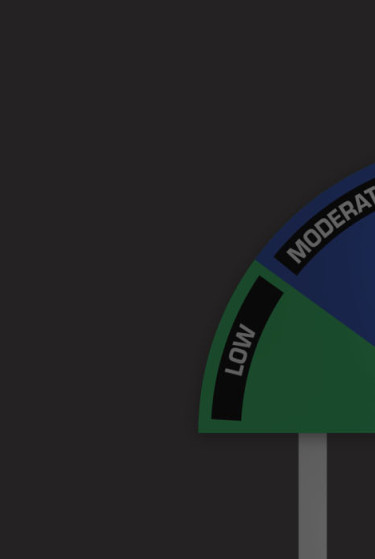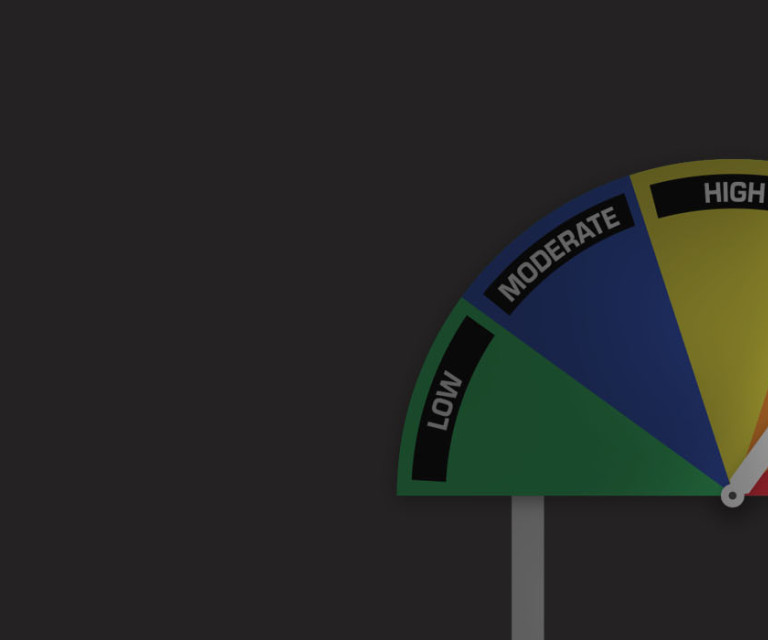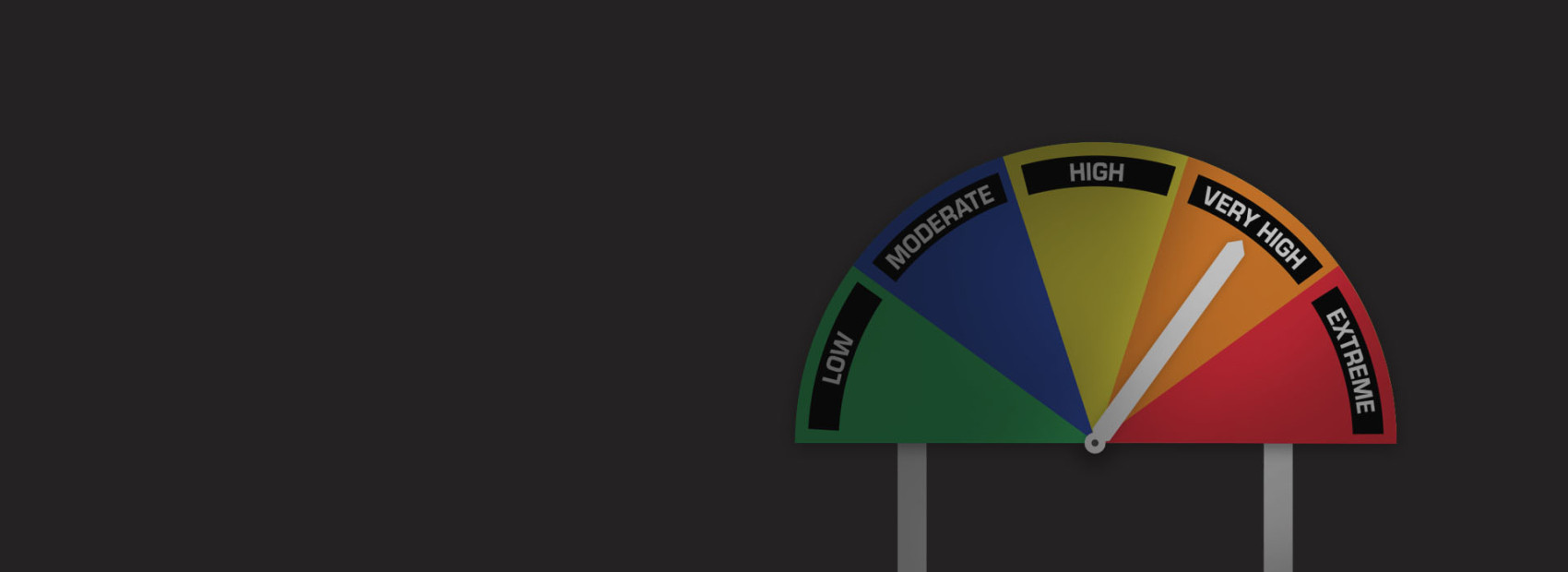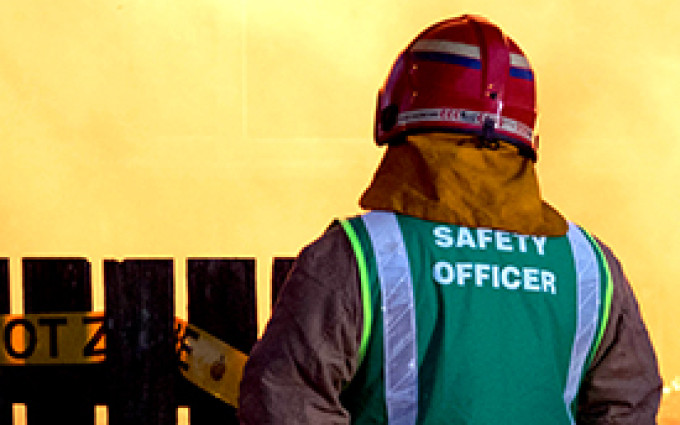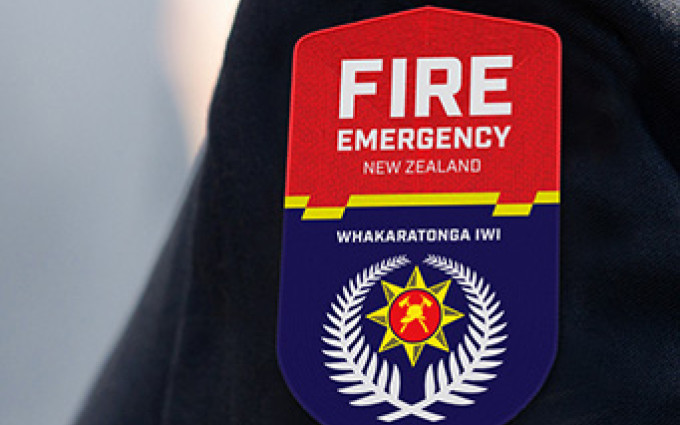-
Sort your smoke alarms
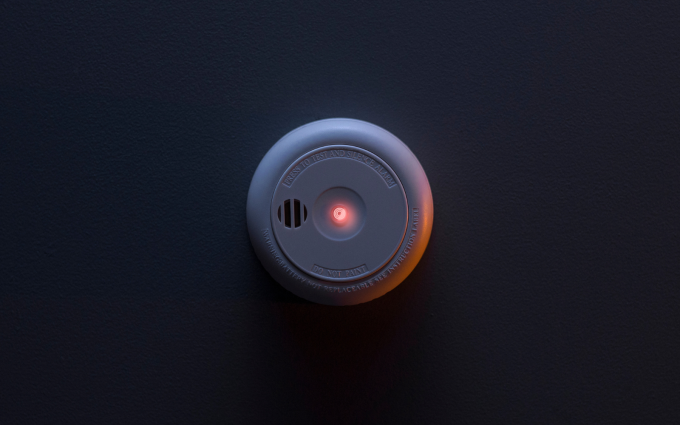
You are four times more likely to survive a house fire if you have working smoke alarms. Find out how to install, use and maintain them.
-
Create an escape plan
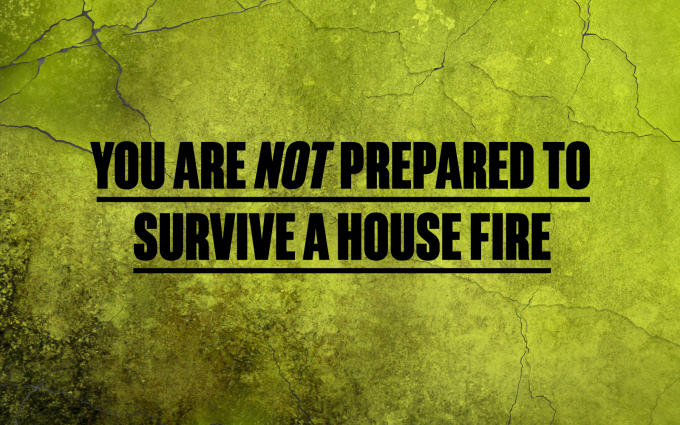
Prepare to survive a house fire.
Answer 10 quick questions about your home to make your 3-Step-Escape plan. -
Lithium-ion battery safety
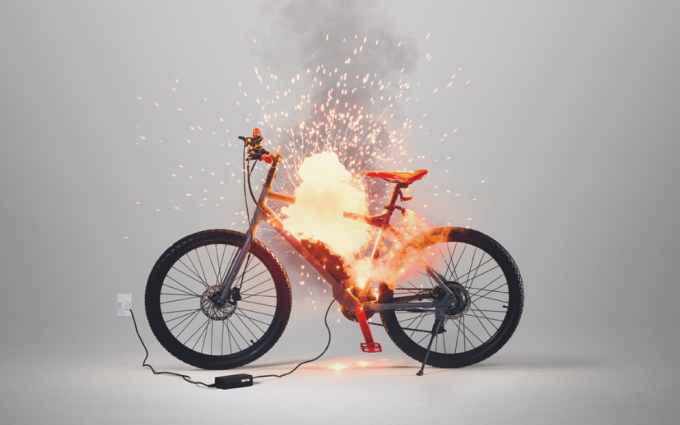
These days, lithium-ion (Li-ion) batteries are everywhere, in phones, laptops, power tools, and electric cars. They are light, compact, and long-lasting, but can be a fire hazard if they are damaged, mishandled, or improperly disposed of.
-
Recipes to cook if you're drunk or high
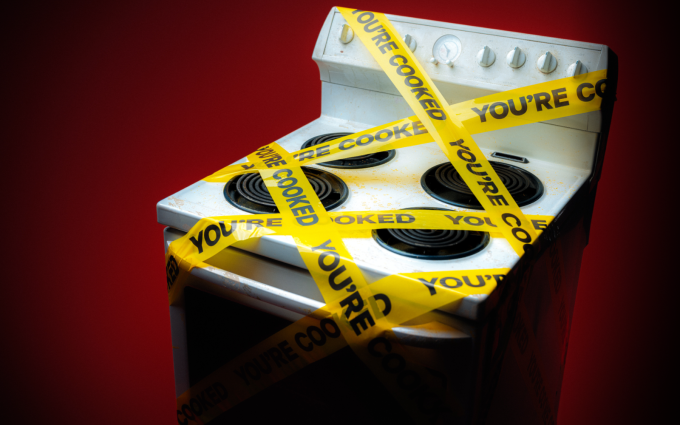
1 in 4 house fires start in the kitchen, and 50% of all fatal house fires involve alcohol or drugs. If you’re cooked, stay off the stove.
-
In the event of a fire
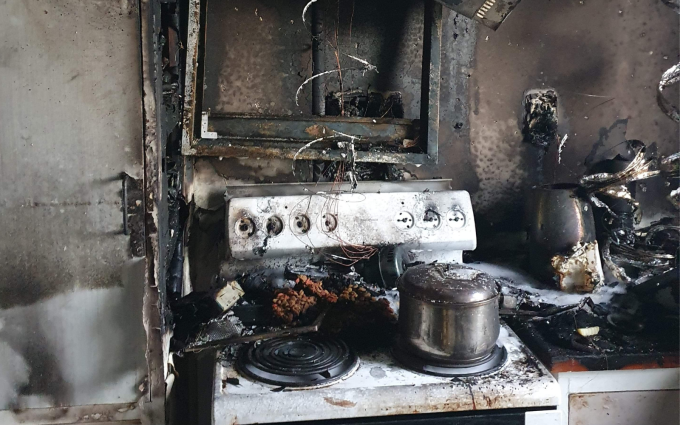
What to do if you're involved in a fire, or if you see a fire, and how to begin picking up the pieces if a fire has damaged your home.
-
School Firewise Programmes
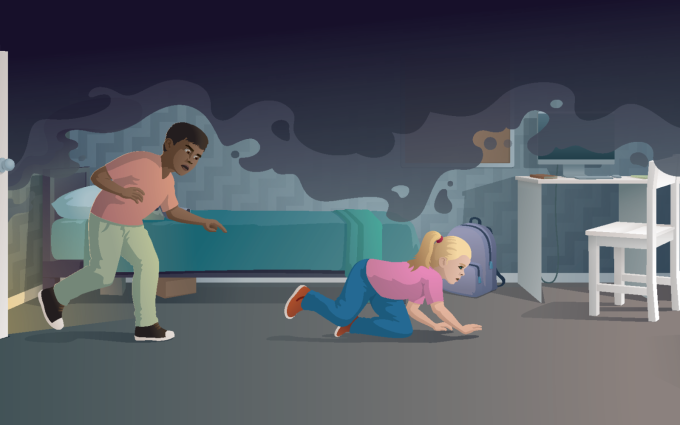
Get Firewise is a curriculum-based resource that gives children of primary age the knowledge they need to stay fire safe and escape from a burning building.
-
Can I light a fire?
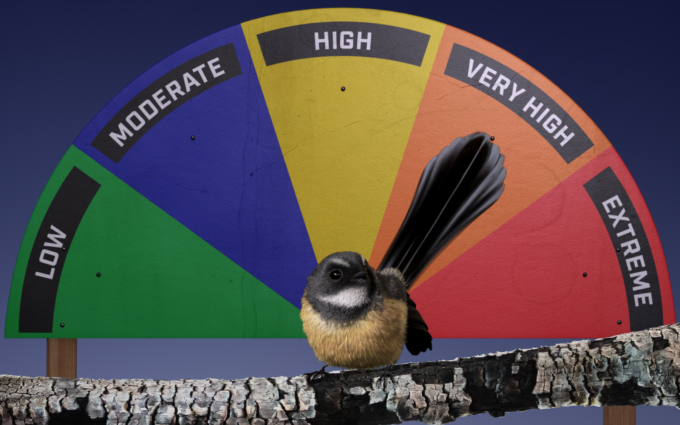
Learn about Fire and Emergency New Zealand’s fire controls and how we use them to reduce the risk of unwanted outdoor fires, for the management of public safety.
-
When Wildfire Threatens
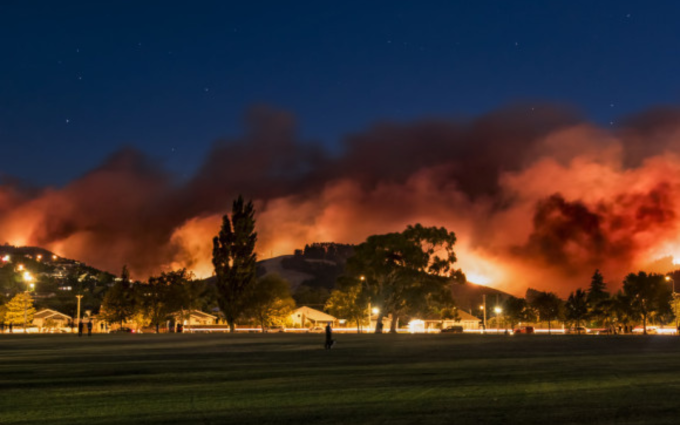
In a wildfire emergency, you may suddenly have to leave home for an extended period with little warning. The best thing you can do is prepare well and have your evacuation plan ready.
-
Hazardous substances
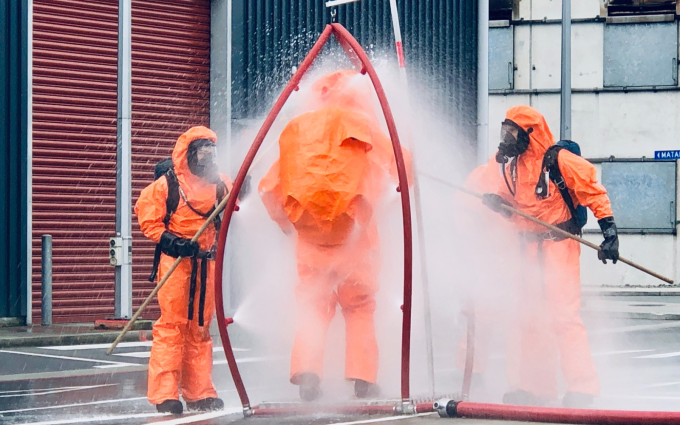
If you store or handle hazardous substances we need to know about them, to keep both you and our firefighters safe.
Jobs and volunteering













